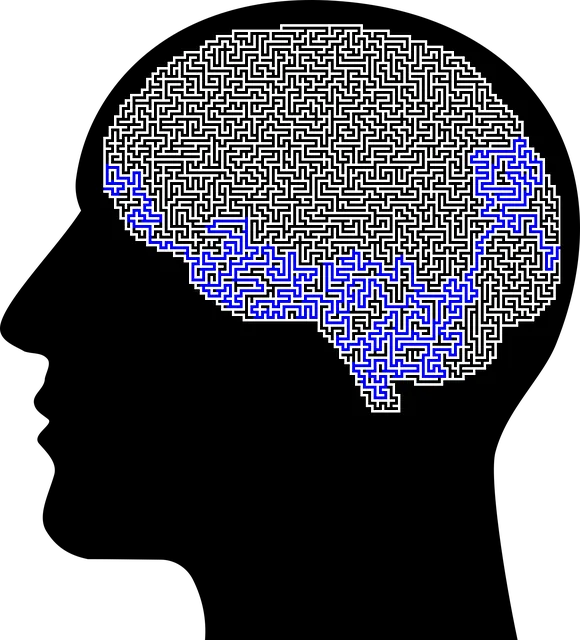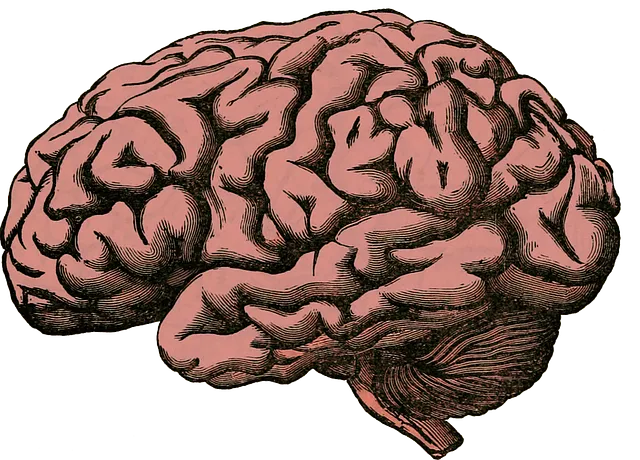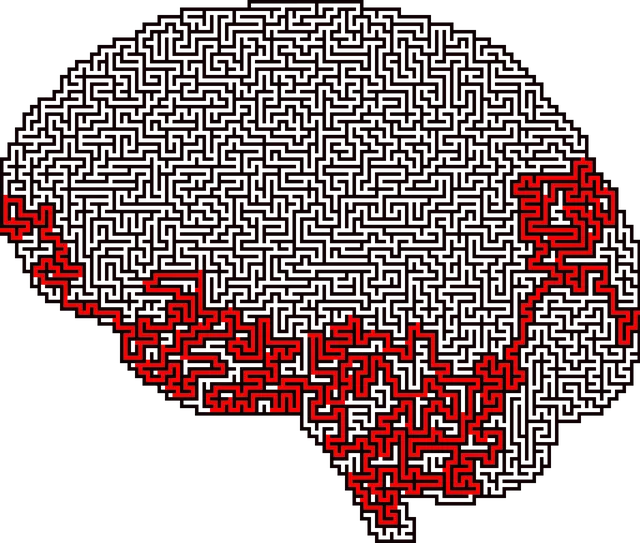Mental health professionals at Boulder Kaiser Permanente play a vital role in crisis intervention, offering immediate support using evidence-based practices tailored to individual needs. They create safe, non-judgmental spaces, utilizing active listening and empathy to detect triggers and promote emotional healing. Their approach combines short-term relief with long-term strategies, including self-awareness exercises and culturally competent training, to build resilience and positive outcomes for patients in Boulder, Colorado. Boulder Kaiser Permanente's comprehensive crisis intervention includes ongoing risk assessments, public awareness campaigns, and collaborations with local organizations, fostering a resilient community through holistic mental health services.
In the face of crises, mental health professionals play a pivotal role in providing timely interventions that can significantly impact patient outcomes. This article explores crisis intervention strategies specifically tailored for practitioners at Boulder Kaiser Permanente, a leading healthcare provider. We delve into understanding crisis intervention’s vital role, assessing triggers, and implementing effective immediate response techniques. Additionally, we discuss short-term support and follow-up care, building resilience through preventive measures, and leveraging community resources unique to Boulder Kaiser Permanente’s approach in mental health care.
- Understanding Crisis Intervention: A Vital Role for Mental Health Professionals at Boulder Kaiser Permanente
- Assessing the Situation: Identifying Signs and Triggers in Patients
- Immediate Response Strategies: Techniques to Calm and Stabilize Individuals in Crisis
- Short-Term Support and Follow-Up Care: Ensuring Continuity for Better Outcomes
- Building Resilience: Preventive Measures and Community Resources at Boulder Kaiser Permanente
Understanding Crisis Intervention: A Vital Role for Mental Health Professionals at Boulder Kaiser Permanente

At Boulder Kaiser Permanente, mental health professionals play a crucial role in crisis intervention strategies. Understanding that a crisis is not just an event but a complex interplay of psychological, social, and environmental factors, these professionals are equipped to provide immediate and effective support. They employ evidence-based practices tailored to each individual’s unique needs, focusing on mood management and emotional healing processes to stabilize the person during acute distress.
By fostering a safe and non-judgmental environment, mental health experts facilitate the initiation of emotional healing processes. Through active listening, empathy, and validation, they help individuals process their feelings and gain new perspectives. Moreover, crisis intervention at Boulder Kaiser Permanente often involves confidence-boosting techniques that empower clients to navigate future challenges. This holistic approach ensures that patients not only recover from immediate crises but also develop the tools needed for long-term mental well-being.
Assessing the Situation: Identifying Signs and Triggers in Patients

When it comes to crisis intervention, the initial step is a meticulous assessment of the situation by mental health professionals at Boulder Kaiser Permanente. This involves recognizing subtle signs and triggers that may indicate an individual’s descent into a crisis. By fostering a safe and non-judgmental environment, patients feel encouraged to share their experiences openly. Mental health experts are trained to listen attentively, picking up on verbal cues, body language, and changes in behavior that might suggest underlying distress.
A key aspect of this process is understanding the patient’s unique triggers—be they related to past traumas, stress factors, or emotional imbalances. Incorporating self-awareness exercises and promoting emotional regulation techniques can empower individuals to better manage their mental health. Over time, these practices contribute to healthy emotional healing processes, enabling patients to navigate challenging situations more effectively.
Immediate Response Strategies: Techniques to Calm and Stabilize Individuals in Crisis

In moments of crisis, an immediate response is crucial for stabilizing individuals and mitigating potential harm. Boulder Kaiser Permanente mental health professionals emphasize the importance of calm and empathetic communication as foundational elements in crisis intervention. Techniques such as active listening, validating emotions, and reflecting back the individual’s feelings can help de-escalate intense emotions and create a sense of safety.
Healthcare providers play a vital role in fostering resilience by employing conflict resolution techniques tailored to the unique needs of each person in crisis. This may involve setting clear boundaries, providing a safe space for expression, and offering practical strategies for coping with overwhelming situations. Incorporating cultural competency training equips providers with the skills to understand and respect diverse perspectives, ensuring culturally sensitive interventions that promote positive outcomes.
Short-Term Support and Follow-Up Care: Ensuring Continuity for Better Outcomes

In crisis intervention, short-term support and subsequent follow-up care are pivotal in fostering positive outcomes for individuals facing mental health challenges. Boulder Kaiser Permanente’s approach to mental healthcare underscores the importance of comprehensive, multi-faceted assistance. This involves not only addressing immediate crises but also implementing strategies to ensure continuity of care.
A crucial component is ongoing risk assessment for mental health professionals, enabling them to tailor interventions effectively. Additionally, promoting self-care practices among both patients and practitioners is vital. Encouraging healthy habits contributes to improved self-esteem, a key factor in managing stress and enhancing overall well-being. Through these integrated strategies, Boulder Kaiser Permanente aims to provide holistic support, thereby achieving better short-term relief and long-lasting positive changes for those seeking mental health services.
Building Resilience: Preventive Measures and Community Resources at Boulder Kaiser Permanente

At Boulder Kaiser Permanente, building resilience is a key focus in crisis intervention strategies. Preventive measures play a vital role in mental health care, aiming to foster community strength and individual coping mechanisms. The organization actively engages in Public Awareness Campaigns Development to educate and reduce the Mental Illness Stigma Reduction Efforts within the local community. By organizing workshops, seminars, and group discussions, they empower individuals with knowledge about mood management techniques, early intervention strategies, and available support systems.
These initiatives extend beyond clinical settings, utilizing community resources to create a network of support. Boulder Kaiser Permanente collaborates with local non-profit organizations, schools, and faith groups to promote mental wellness. This collaborative approach ensures that individuals facing crises have access to diverse services, fostering a resilient community capable of effectively navigating challenges together.
Boulder Kaiser Permanente’s commitment to crisis intervention showcases its dedication to comprehensive mental health care. By integrating understanding, assessment, immediate response, and long-term support strategies, the organization effectively navigates patients’ crises. This holistic approach, tailored by mental health professionals, ensures individuals receive the stability and care they need, fostering resilience within the community. Boulder Kaiser Permanente’s resources underscore its role as a game-changer in managing and preventing mental health crises, ultimately enhancing the well-being of its patients.





